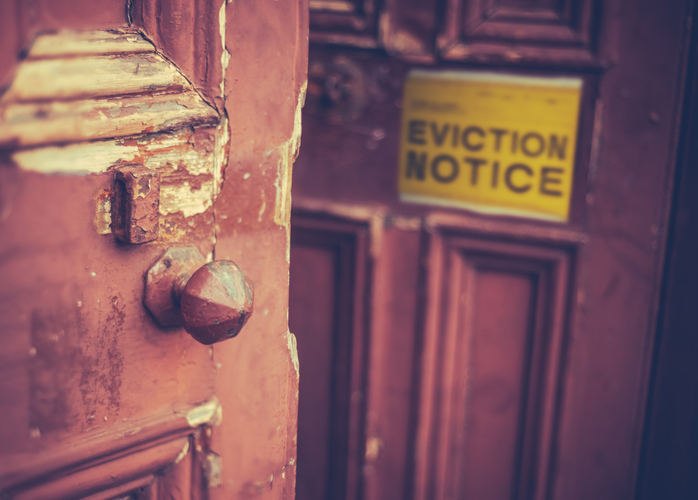
Squatters have recently taken over one of Gordon Ramsay’s restaurants in London, the York and Albany, stating that they aim to create a ‘community space’ for everyone in Camden Town, one of the city’s wealthiest areas.
The squatters occupying the restaurant have sparked controversy over the previous couple of weeks and claim that the law allows them to be there, stating that they plan to use the former restaurant as a community art café.
The Increase in Commercial Squatting – Squatter Rights in Residential vs Commercial Premises
One reason for the increase in commercial squatting is as a consequence of the Legal Aid, Sentencing and Punishment of Offenders Act 2012 (LASPO). The enactment of LASPO made squatting in residential properties a criminal offence, streamlining the eviction process for residential property owners. However, the Act failed to extend the scope of the offence to include commercial premises. This has therefore driven squatters away from residential premises due to the risk of imprisonment or a fine, and into vacant commercial premises where the provisions of LASPO do not apply.
Impacts of Commercial Squatting
For landlords and property owners, the presence of squatters can have significant financial consequences, such as:
- Lost rental income;
- Legal and security costs; and
- Property damage
In addition to the above, landlords and owners of the affected property may have difficulty when it comes to arranging insurance. Insurers are likely to be reluctant to provide cover or may charge higher premiums in return.
Can Landlords Remove Squatters From Their Property?
Landlords of affected properties must take very careful steps when removing squatters, as they could commit a criminal offence by doing so. This is as a result of the Criminal Law Act 1977, which states that a landlord seeking to effect re-entry to commercial premises may not use violence to gain entry to the premises if there are individuals present who oppose to the entry.
Preventative Steps
Effective management of vacant properties can help landlords and property owners to reduce the risk of squatting and reassure insurers as to the extent of their risk. Making a vacant commercial property as inaccessible as possible whilst empty is key to limiting the risk of commercial squatters.
Commercial landlords can take practical steps to achieve this such as:
- Ensuring that the property is secure, including locking all entry points, boarding up any windows and doorways;
- Installing CCTV surveillance, alarm systems, and security lighting within and around the property; and
- Maintaining the appearance of the property to reduce signs that it remains unoccupied.
What if the Squatters already occupy the Property?
It is important that landlords act quickly once they are aware that their building is occupied. It appears increasingly that squatter groups are becoming well organised and have been using social media to advertise the fact that a property is vacant or to encourage others to attend on a ‘strength in numbers’ basis. An example of this can be seen in the recent case affecting Gordon Ramsay’s restaurant.
Applying to court
If landlords discover that their property is in the presence of commercial squatters, it is possible to apply to Court for a possession order.
This can be done in two ways:
- Apply for a Summary Possession Order (SPO)
- Apply for an Interim Possession Order (IPO) – applications are subject to a 28-day time limit, so for this option to be considered, commercial property owners need to seek advice as soon as possible.
If you would like advice as to how to limit the risk of commercial squatters or any further information in relation to this topic, please get in touch with our commercial property team. If you wish to issue proceedings to recover possession of a commercial property, please alternatively get in touch with our Dispute Resolution team. You can do this by calling 0116 289 7000 or emailing us at info@bhwsolicitors.com.
Categorised in: Commercial Property, Dispute Resolution, News
Tags: Commercial Property, Dispute Resolution